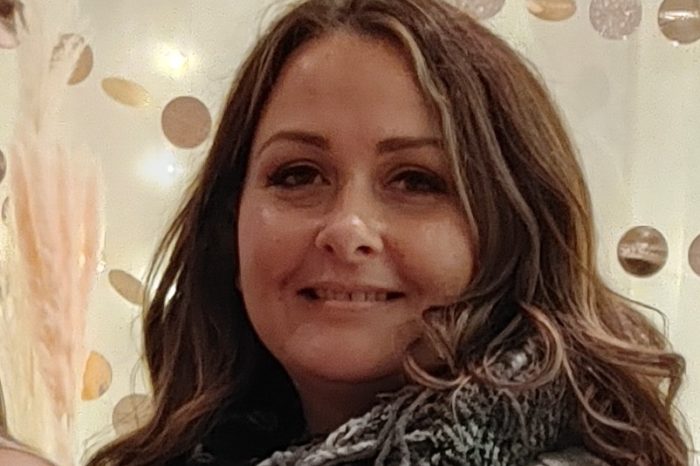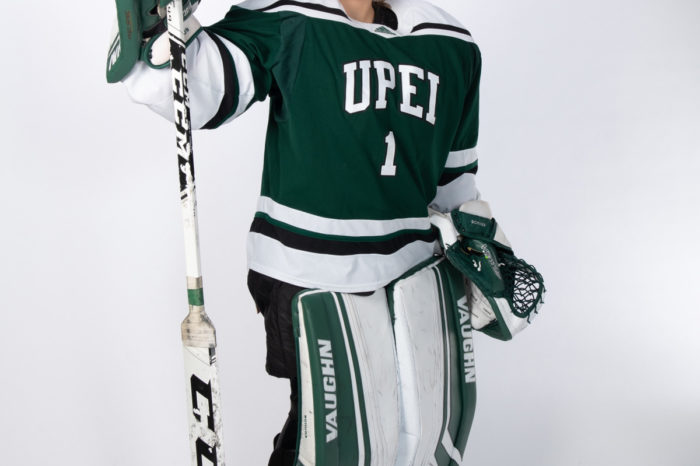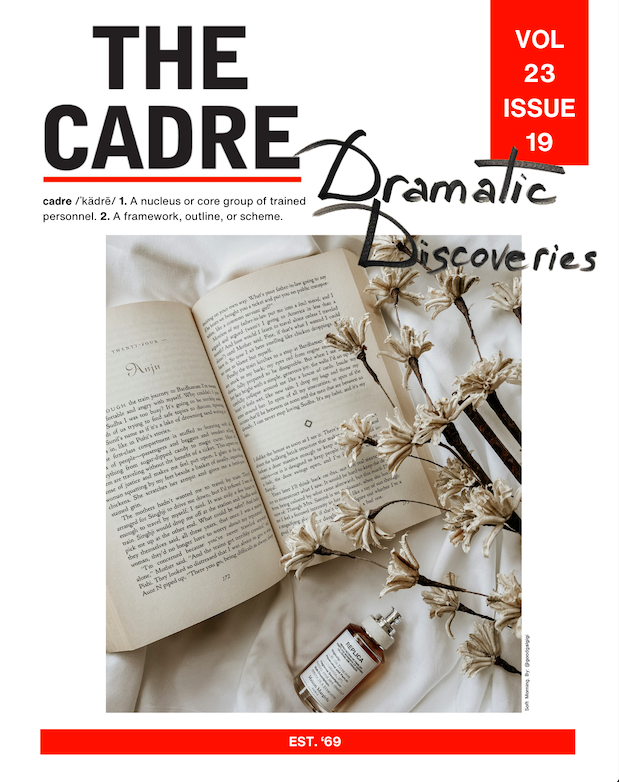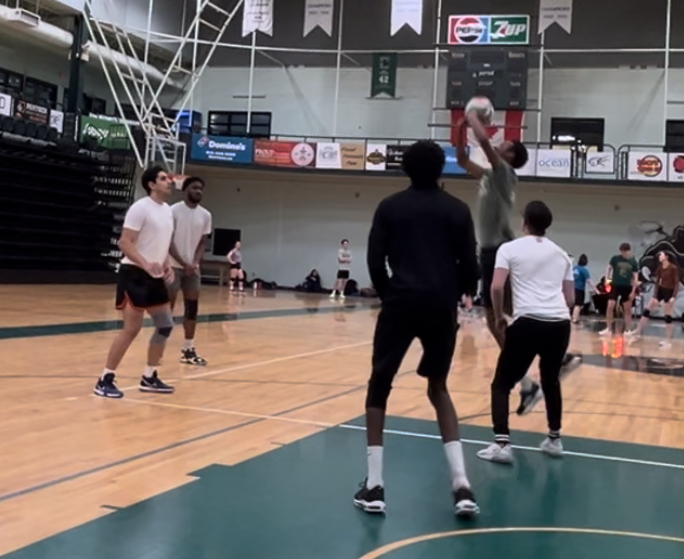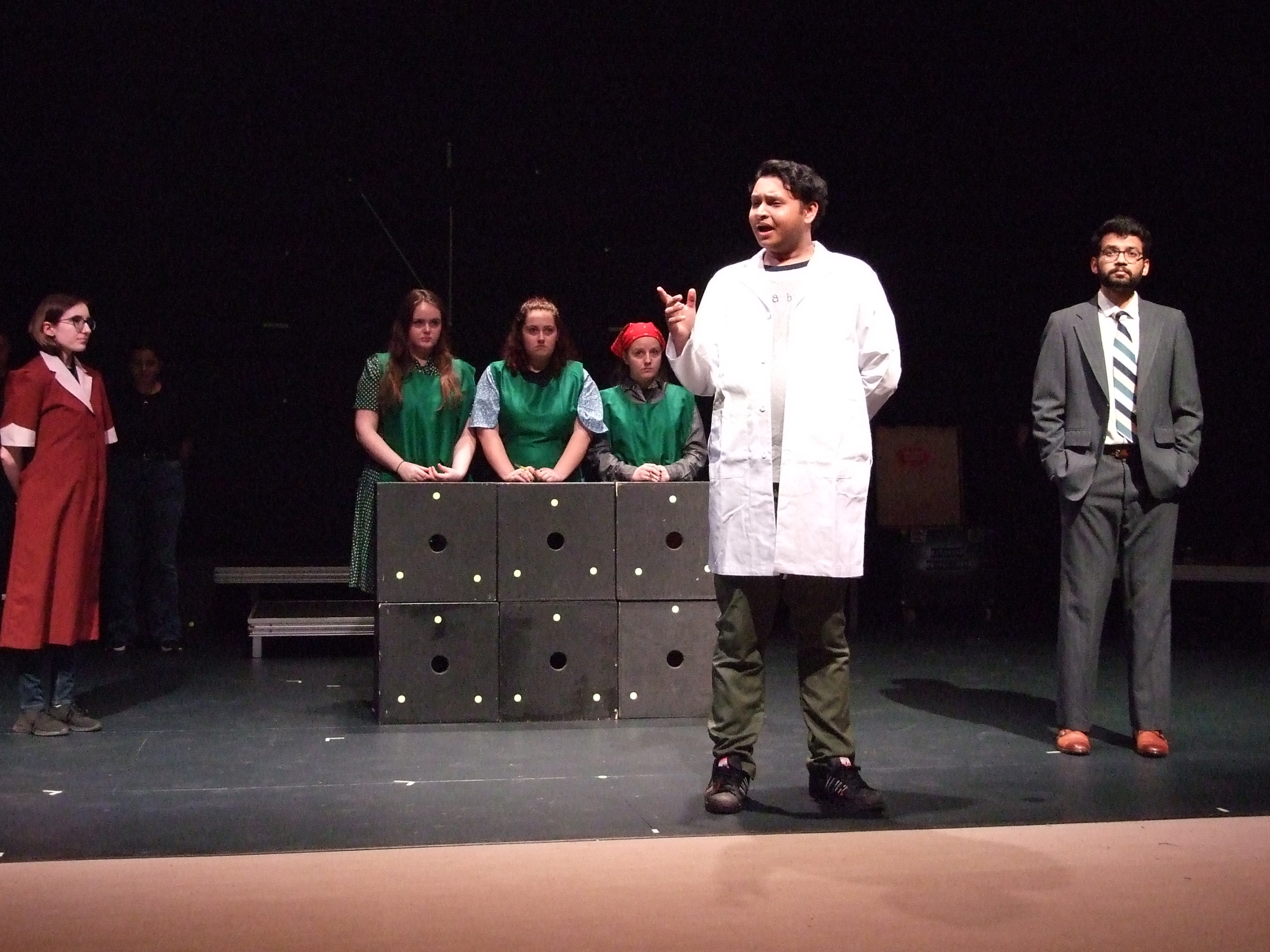2017-18 Executive Report Card: President
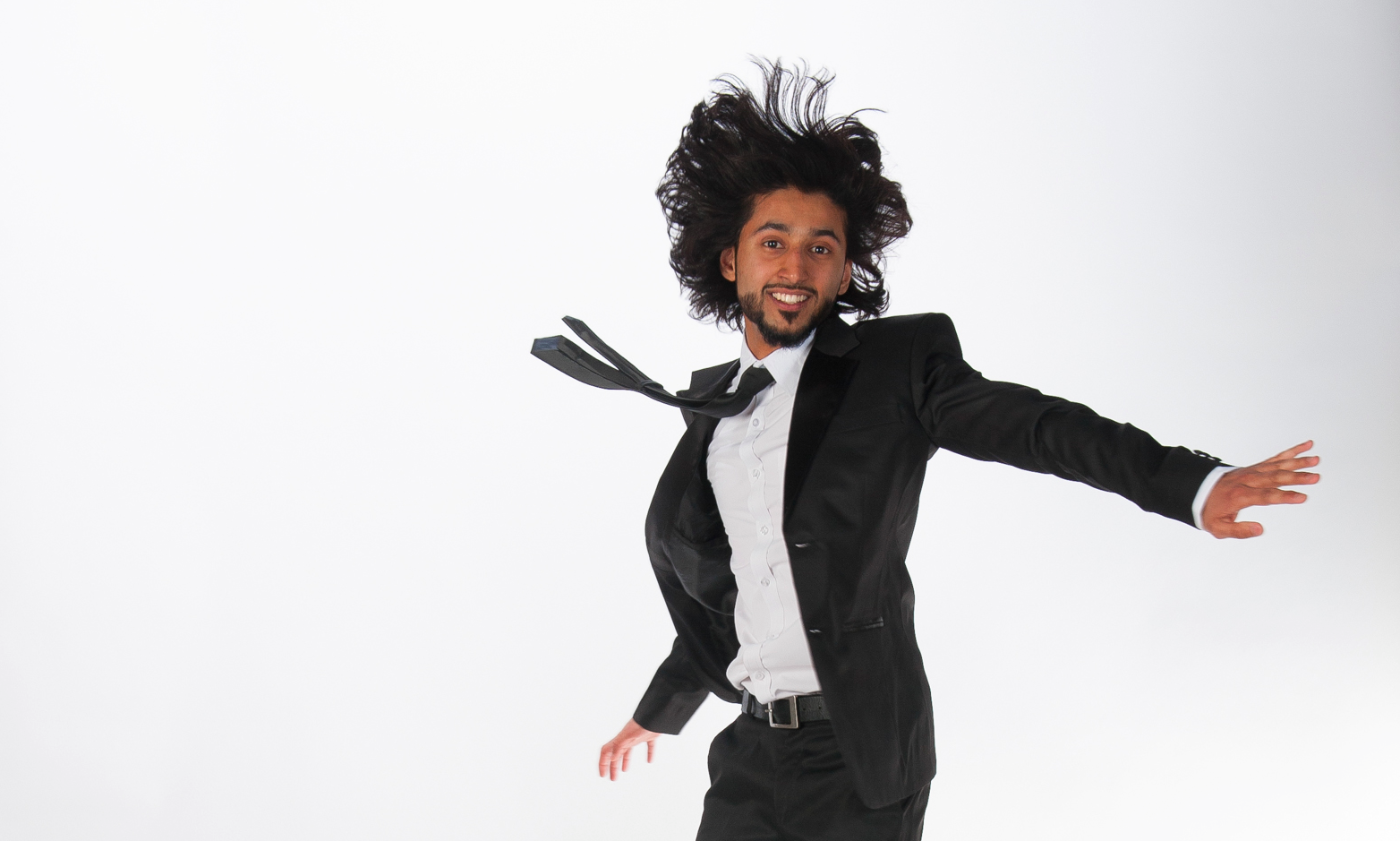
Before reading our report cards, check out our rubric here. Looking for another report card? Find them here: Vice President Academic & External (here), Vice President Student Life (here), and Vice President Finance (here).
Hammad Ahmed
Grade: D+
Hammad Ahmed was the first international student elected as UPEISU president, winning in a landslide victory. But, while he might have been a trailblazer on the campaign trail, he has not replicated that success in office.
Hammad plays the role of a rock star and plays it well; he boasts an impressive social media presence, and it’s certainly possible that he’s been even more active on those platforms than any of his predecessors. And, after seven months in office, it appears Ahmed has made progress on some of his campaign points. Despite some uncertainty earlier in the year, he recently secured a free shipment of over 6750 tampons for UPEI students, and it appears that the University will be installing dispensers in washrooms to distribute them. He has also conducted a survey on the implementation of gender-neutral washrooms in the Library and Main. Although that might have opened the door for students to reject the proposal, Ahmed said that responses were largely favorable which means the changes will be implemented some time in the second semester.
Ahmed also pitched his advocacy efforts regarding campus internet, remarking that he had presented to both the Board of Governors and the Senate on the issue. According to him, the University made immediate improvements to the internet after one of these presentations and UPEI has now engaged a consultant to review ways to improve the internet. While Ahmed’s efforts on the issue are appreciated, it is unclear whether they were incidental or essential to these decisions; the University had already planned to shift its focus to campus internet infrastructure as Project Beacon concluded. Regardless, it is great to see the University taking some steps to rectify an issue that has frustrated students for years.
But, in evaluating Ahmed’s year-to-date, he does not lose marks on what he’s done, but rather what he hasn’t done.
As President, Ahmed is a member of UPEI’s Enhancement of Teaching and Learning Committee, which has been tasked with improving professorial accountability in teaching. This committee was formed as the result of a memorandum of understanding that came out of the University and the Faculty Association’s negotiations in 2016, made possible in part by years of advocacy by previous Student Union executives. It was an unexpected and welcome breakthrough for students.
Despite the importance of this new committee, Ahmed revealed in his interview that he had skipped the meeting at which the SU presented its proposals to faculty. He stated he had to attend an SU New Initiatives and Future Directions (NIFD) committee meeting that he had scheduled at the same time. Rather than canceling the NIFD meeting, he allowed it to go ahead, effectively leaving one of his vice presidents to fend for herself at the other, more important meeting. Perhaps even more concerning, Ahmed was unable to elaborate on the specifics of the proposals being advocated by the SU. It is hard to believe that the best possible student representation is being delivered on this committee.
Also alarming is his lack of involvement and visibility in the SU’s advocacy to the various levels of government. When asked about federal advocacy, Ahmed said he has been less involved than his predecessors in the Canadian Alliance of Student Associations (CASA), one of the SU’s federal advocacy groups. Historically, his predecessors were usually involved on a single committee – often considered the bare minimum of participation – so one could only imagine how his statement reflects on his level of engagement.
Provincially, it is much of the same. Although he attended some meetings with politicians over the summer, some of these were also open to all members of the executive. When it came to important advocacy events like the SU’s presentation to the Standing Committee on Education and Economic Development, Ahmed was notably absent. Compared to other provinces where international student executives have used their positions to heavily lobby their respective governments on issues like extending provincial health care coverage to international students, it feels like a missed opportunity.
When it came to improving Council’s engagement with students, something Ahmed pledged in his mandate, he referenced his numerous meetings with the Chair and councillors. However, he could only reference a single initiative undertaken by a councillor, which involved a feedback box being made available in the library. He offered no ideas when prompted for other ways to engage with students. Previously at the SU’s annual general meeting in October, he had cited more candidates running the fall election as proof that the SU’s relationship with students had improved. But this claim is dubious at best, especially considering that a number of the successful candidates were friends of executive members or had previous involvement with the SU.
Ahmed has also taken the lead on the Student Centre Refresh, a six-figure project to renovate and upgrade the W.A. Murphy Student Centre initiated two years ago under then-president Dana Kenny. Ahmed has repeatedly said that the NIFD committee has been working on the project, and has more recently said that an updated proposal would come to Council on December 3rd. But at the November 19th meeting, Ahmed was unable to satisfactorily answer questions by councillors – like the impact of the changes to student tuition, how to sell the proposal to students, the extent of student consultation on the project – even at one point telling councillors to direct inquiries to the other members of the committee. This led to confusion in the room and left some councillors with more questions than certainty. One would expect the project lead to be more knowledgeable on the project, doubly so considering Ahmed was a member of the NIFD committee last year when the lion’s share of the project work was completed.
While Ahmed has enjoyed success with some of his personal projects, it seems he has not found the way to balance those projects with the traditional expectations of the job. To a large degree, he has neglected his leadership role in academic and external advocacy rather than applying his unique perspective and finding a niche within those areas. And, rather than being an authoritative voice at Council, he has largely abdicated this responsibility to other members of the executive.
The President is the de jure face of the Student Union. The occupant of the role is expected to act decisively and be a thought-leader within the executive team and Council, in addition to being a strong and vocal advocate for students, expectations The Cadre believes Ahmed has not entirely fulfilled. He still has months to prove us wrong, but for now, he barely passes.
By: The Cadre Editorial Board
Photo: UPEI GalleriesÂ

